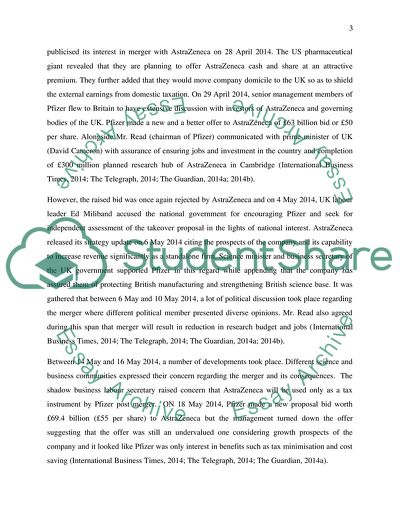Cite this document
(“Pfizer's unsuccessful takeover of AstraZeneca Case Study”, n.d.)
Pfizer's unsuccessful takeover of AstraZeneca Case Study. Retrieved from https://studentshare.org/finance-accounting/1663641-pfizers-unsuccessful-takeover-of-astrazeneca
Pfizer's unsuccessful takeover of AstraZeneca Case Study. Retrieved from https://studentshare.org/finance-accounting/1663641-pfizers-unsuccessful-takeover-of-astrazeneca
(Pfizer'S Unsuccessful Takeover of AstraZeneca Case Study)
Pfizer'S Unsuccessful Takeover of AstraZeneca Case Study. https://studentshare.org/finance-accounting/1663641-pfizers-unsuccessful-takeover-of-astrazeneca.
Pfizer'S Unsuccessful Takeover of AstraZeneca Case Study. https://studentshare.org/finance-accounting/1663641-pfizers-unsuccessful-takeover-of-astrazeneca.
“Pfizer'S Unsuccessful Takeover of AstraZeneca Case Study”, n.d. https://studentshare.org/finance-accounting/1663641-pfizers-unsuccessful-takeover-of-astrazeneca.


